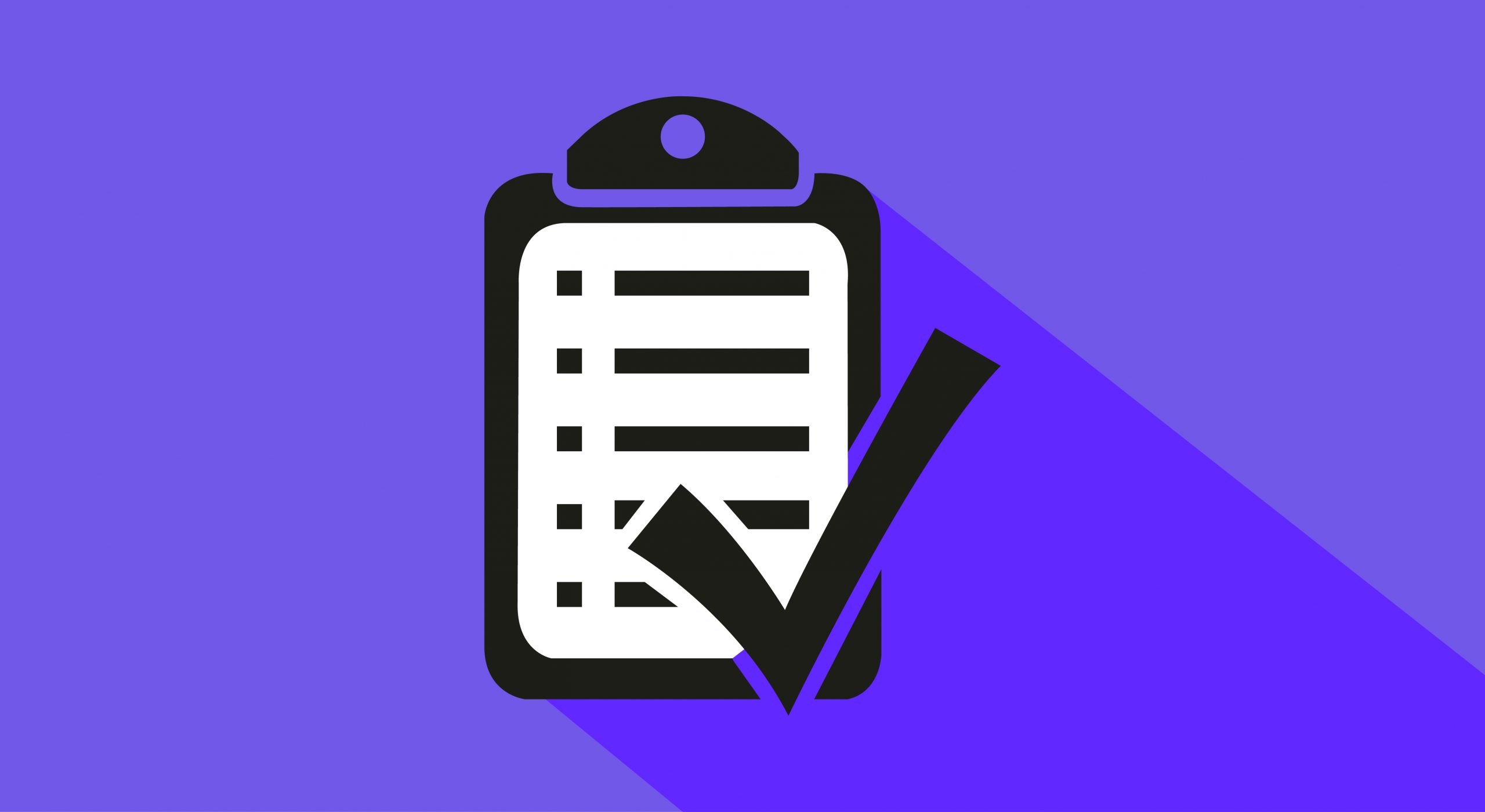Modern man has articulated an entire existence parallel to the physical plane: digital life, what is to say, social networks. Regardless of the tangible reality, although often related to it, the individual forms a series of habits, contacts and personality traits on the web that aren’t necessarily an exact reflection of their “offline” being. In short, the average person with regular Internet access cultivates a digital identity, an online “Self”.
But what was the technological tool that maximized the “Self” on the Internet? While websites and forums could already confirm an online presence of certain individuals, social networks were the main cause of the mass of people turning into friendly interfaces that promise almost infinite entertainment and a greater closeness than ever between people of distant parts of the globe?
What is the price to pay for being in social networks?
Users have free access to most social networks have. Maybe they offer paid services within their platforms, but neither creating a profile or the time user spend on them require any payment. Think of Facebook, YouTube, LinkedIn or Instagram. But the fact that it is free to the user does not mean that these tools are not a business itself.
Social networks live on your data. Understand data as the set of all personal information that you provide to a given system.
How do we provide data?
The user provides information about himself to social media platforms. It does it in two fundamental ways.
Consciously provided Information:
- Profile information, forms about the person
- Uploaded Photos.
- Status and Posts
Unconsciously provided information
- Interests (in form of likes, pages followed, searches)
- Network of contacts (followers, friends, groups)
- Geography (device location, IP, places you have visited)
What do networks do with that information?
Many networks take advantage of that information to sell advertisers the personalized advertising service based on the information they have about you.
Although data protection laws are evolving towards favoring the user, even he has no real control of what is done with his data on each platform.
Maybe someone does not want their sentimental situation to be defined for Tinder ads to arrive. So far, Facebook only guarantees to inform you that this can happen.
What does FySelf propose differently from other social networks?
A platform where each user defines the level of access to the data they grant based on three categories:
– Public (your data can be seen by other people, and used by FySelf for statistics and services)
– Private (your data cannot be seen by others, but processed by FySelf for statistics and other services)
– Protected (other users cannot access your data, and not even FySelf can use any of them) Another attractive detail is that, for each economic benefit that the platform has from a person’s data, a percentage will be paid to it in the form of credit.



